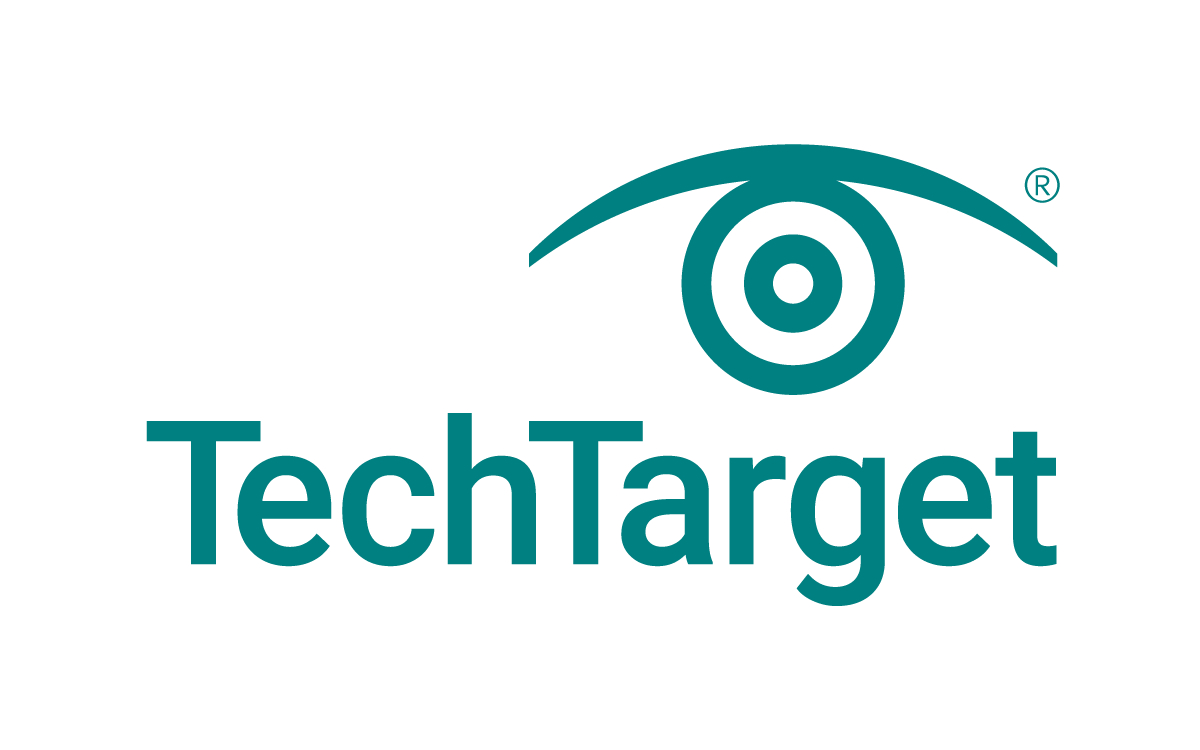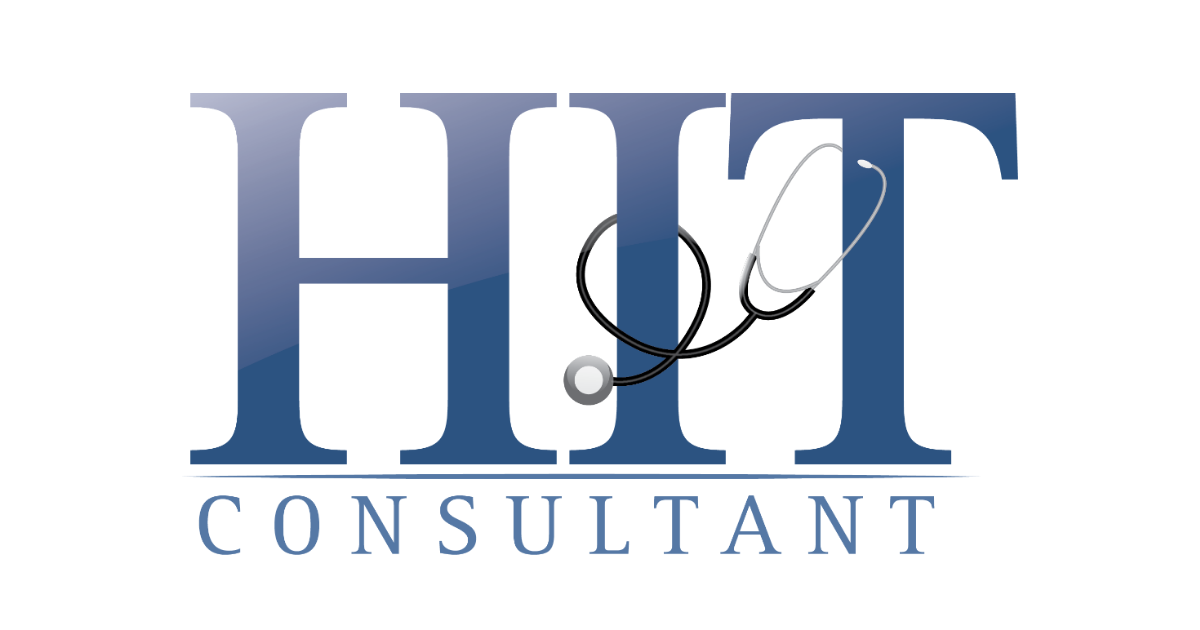
Editor's Note A mixed reality navigation (MRN) system for neurosurgery achieved performance comparable to traditional optical navigation (TON) in certain clinical scenarios, while significantly reducing equipment costs, according to an August 1 study published in BMC Surgery. The MRN system, built around a Microsoft HoloLens headset and infrared tracking tools,…

Editor's Note Nearly half of hospital harm events—particularly surgical events—were not captured by reporting systems, according to a July 30 TechTarget report on new findings from the Office of Inspector General (OIG). The OIG report examined 299 harm events experienced by a nationally representative sample of 770 Medicare patients discharged…

Editor's Note A recent article from HIT Consultant highlights findings from Incredible Health’s 2025 State of US Nursing & Technicians Report, revealing mounting strain across the nursing and healthcare technician workforce. Reportedly based on insights from more than 1 million professionals, findings include: 71% of nurses report that staffing shortages…

Editor’s Note: This page is a companion piece to the main article, Emergency preparedness: Identifying essential supplies for unplanned surgical events. While the main article outlines the principles of emergency readiness and supply preparation in the OR, the posts below offer a closer look at two key implementation areas: Supply…

Editor's Note A federal judge has ordered the Trump administration to restore health-related webpages and datasets removed under a January executive order, according to a July 29 article in Medscape. The ruling follows a lawsuit by Doctors for America and the city and county of San Francisco, which argued that…

While most emergency surgical procedures are carried out uneventfully and safely, the OR is also a place where potentially life-threatening and least-expected instances can arise. Emergencies such as malignant hyperthermia, intraoperative cardiac arrest, and anaphylaxis can catch OR leaders and staff off guard. Perioperative teams need proper and adequate preparation…

Editor's Note The US Food and Drug Administration (FDA) has designated the recall of Ethicon Endo-Surgery, LLC’s Endopath Echelon Vascular White Reload for Advanced Placement Tip a Class I, the most severe category indicating risk of serious injury or death. As detailed in the agency’s July 25 announcement, the recall…

Editor's Note The US Food and Drug Administration (FDA) has designated a Class I recall—the most severe category indicating risk of serious injury or death—for several models of arterial cannulae manufactured by Edwards Lifesciences. Affected products include OptiSite Arterial Perfusion Cannula models OPTI16 and OPTI18, as well as Peripheral Femoral…

Editor's Note The US Food and Drug Administration (FDA) has designated Baxter’s recall of the Q-Link 13 mobile lift component a Class I, the most severe category indicating risk of serious injury or death. As detailed in the agency’s July 23 announcement, the optional component connects to sling bars on…

Editor's Note Designating underused neurosurgery blocks for straightforward ENT procedures increased surgical volume and reduced wait times at UCSF Benioff Children’s Hospital San Francisco, according to a July 3 report from the Children’s Hospital Association’s 2025 Transforming Quality Conference. The initiative began in early 2024, when ENT leaders and surgical…